Taino vocabulary: The Dictionary Of The Taino Language
Taino Vocabulary
areyto
– Tano ceremony that includes song, music, dance, and history
barbacoa
– a 4 legged stand made of sticks used for cooking
batea:
large tray
batey
– yard area –
bohio
– typical round home of Taínos
Boricua
– valiant people
Borikén
– Great Land of the Valiant and Noble Lord
burén
– flat cooking plate or griddle
cabuya
– fishing line
cacique
– chief
canars:
water vessels
caney
– square house for Chiefs and Shammans only
canoas/piraguas/cayucas/kurialas:
canoes
Caribe
-strong people
casabi
– yuca bread
cibucanes:
used to extract poinsonous juice from Yuca
coa –
farming tool – a wooden stick used to work the soil
cok –
coqu – small tree frog
colibri
– hummingbird
conuco
– farming area – mounds of loose soil
cucubano
– lightning bug
ditas y jitacas:
food vessels made from higero
dujo
– chair with short legs
fotuto
– sea shell trumpet
guanín
– chief’s medallion
Guaraguao
– red tailed hawk
guatiao
– exchanging named and becoming blood brothers
iguana
– lizard
Inrir –
Wood Pecker
jamaca
– hammock
jicotea
– land turtle
jurakan
– storm
juta
– small rabbit-like creature
Lukiy
– sacred mountain
mab
– fermented drink made from Mab tree
macana
– weapon – club
mime
– small fly
nagua
– loin cloth used by married women
nasa:
fishing mesh or net
natiao
– brothers
tabac –
tobbaco
uguaca
– parrot
Yocahú
– God
yucayeque
– Taíno village
The Dictionary Of The Taino Language
The Dictionary Of The Taino Language
The Dictionary Of The Spoken Taino Language
(Para El Diccionario en la version de Espaol
favor TOQUE AQUI)
The Wisdom Of The Cemi’, We Are Tainos Not
Arawaks
THE TAINO LANGUAGE PROJECT: This Taino
Dictionary Is Under reconstruction. This is a project of the
This is a project of the
Taino Inter-Tribal Council Inc., We appreciate and do invite
comments from the Professional Linguists. “We the Taino
people of today, very proudly still speak our language in our
Taino communities.” Chief Guanikeyu
Note: This is only a small example of
our Lovely Taino Language. The work that has been done on this
new Taino dictionary is due to the great efforts on the part of
Chief Pedro Guanikeyu Torres, a teacher of the Taino language. A
full Version will Soon be online for your pleasure, Thank you,
from the Taino TITC Team of The Taino Language Project.
Please Always Reload (All) Pages As We Are
always Adding New Taino Words Daily
Ana means Flower
Borike’n means Great Land of the Valiant & Noble Lord
BOhio means Roundhouse
Caona means Gold
Choreto means Abundance
Dujo means Chief’s Chair
Ector means Sweet Soft Corn
Fotuto means Trumpet
Guarico means Come
Heketi means One
Ita means Don’t know
Jicotea means Land Turtle
Ke’ means Earth or Land
Liani means Wife
Macu’ means Big Eyes
Naca’n means Center
Ocama means Listen
Piragua’ menas Long Boat
Qu’emi means Rabbit
Ris means Red
Siani means Married Woman
Shingu means Amazon River
Tanama means Butterfly
Uicu’ means Fermented Drink like Beer
Veycosi means White Juice from the Yuca
Wu’a means NO!
Yaya means Great Spirit or Creator
Zinato means Irritated
*A Little about our Written Taino Grammar*
*Objects used in Daily Taino Living*
*Names of Animals of Land And Water*
*Names of Planta of Land And Water*
*Names of Taino Families And People*
Visit
The Taino Language Project And Read The Project’s Mission
Statement
The
Dictionary Of The Indigenous Peoples Of The Caribbean
It is to be noted that, this other dictionary of Taino terms
is written solely in Spanish.
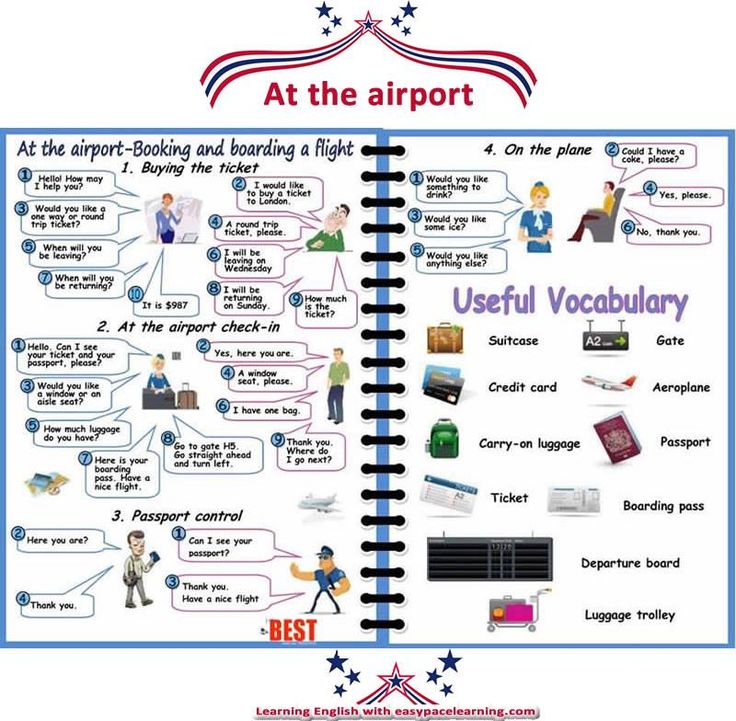 This dictonary of Taino terms can
This dictonary of Taino terms can
not be trusted because many of these words are false and not
complety accuate. These terms have not yet been studied by our
Taino language project team. We would like you to know, that our
new version of the Taino language dictionary, are going to
incorporate these terms and all other documented or recognized
Taino dictionary terms, that were gathered by the past Spanish
historians, via our Taino language project. Credit is to be given
to Mr. Jose Pedreira, for his effort in trying to present an
Indigenous Diccionary of the People of the Caribbean.
Visit The Jatibonicu’ Taino Tribe of
Boriken
Taino Language
(c) 1993, 2009 The Taino Language Project TITC! (sm)
527 Mulberry Street | Millville, New Jersey 08332
voice: (609) 825-7776 | Fax: (609) 825-7922.
Send comments about this site to
Webmaster@Taino-Tribe.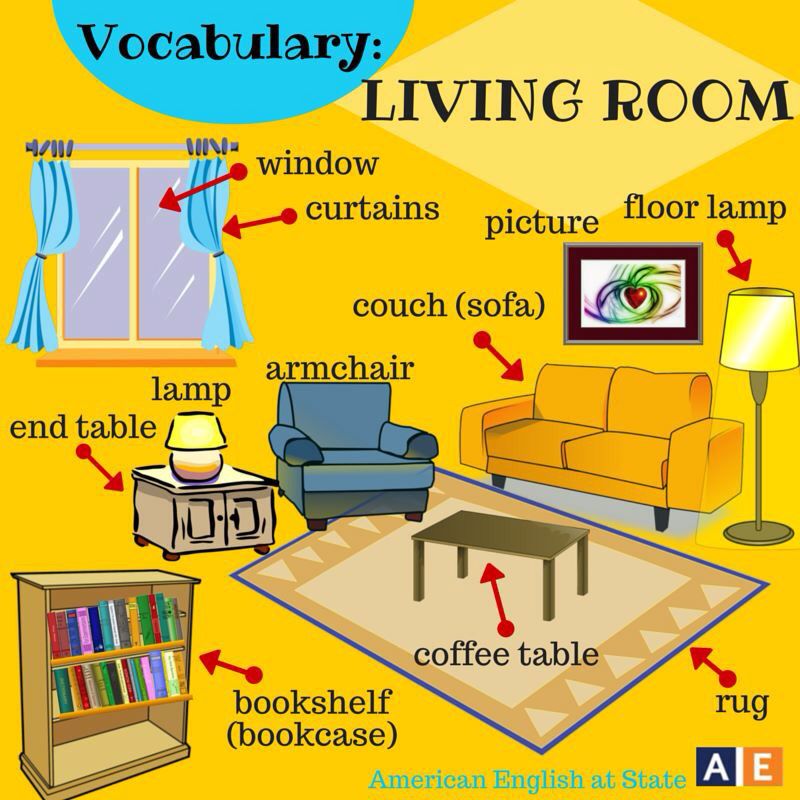 Org. Microsoft is a registered trademark in the United
Org. Microsoft is a registered trademark in the United
States and other countries. The Microsoft Internet Explorer Logo
is a trademark of Microsoft Corporation.
Last updated on 6/23/97.
| Best experienced with |
Copyright | 2020 | taino-tribe.org
Ksenia Turkova: Vocabulary. Issue 31 – Ksenia Turkova – Speakers – Favorites – Snob
Panama is on fire
The main word of the week, of course, was offshore . The Panama scandal, which, by the way, has already been called panamagate , has generated so many neologisms, memes and jokes that they will be enough for the entire issue of Vocabulary.
We start, as always, with topical rules. Panamagate forced journalists and social media users to repeat the “Double consonants in loanwords” rule. Words offshore , offline and offline are often spelled with a double “f”. This is due to the fact that in the original language (English) two “f” are written in the off prefix. In Russian versions of these words, the element “of-” is no longer perceived as a prefix, and the words themselves are pronounced with a short “f”. And, as is often the case with foreign words in which consonants are doubled, one of them drops out, is not preserved. Remember that office , which is familiar to us, , in which it would not even occur to doubt, is also written in English with a double “f”: office. There are many such examples, for example, word cappuccino , where everyone also strives to double something – now p, then h. Indeed, in Italian spelling it will be so: two doubled consonants. But in Russian, doubling is “reset”.
Words offshore , offline and offline are often spelled with a double “f”. This is due to the fact that in the original language (English) two “f” are written in the off prefix. In Russian versions of these words, the element “of-” is no longer perceived as a prefix, and the words themselves are pronounced with a short “f”. And, as is often the case with foreign words in which consonants are doubled, one of them drops out, is not preserved. Remember that office , which is familiar to us, , in which it would not even occur to doubt, is also written in English with a double “f”: office. There are many such examples, for example, word cappuccino , where everyone also strives to double something – now p, then h. Indeed, in Italian spelling it will be so: two doubled consonants. But in Russian, doubling is “reset”.
The verb sofshorit appeared, and the word offshore itself, users, carried away by the discussion of the scandal, tried to beat. For example, Ukrainian journalists came up with the neologism offshoroshenko , hinting that the Ukrainian president was also on the list. There was a joke: “Peter Poroshenko and Vladimir Putin entered the second round of the presidential elections in Panama.”
For example, Ukrainian journalists came up with the neologism offshoroshenko , hinting that the Ukrainian president was also on the list. There was a joke: “Peter Poroshenko and Vladimir Putin entered the second round of the presidential elections in Panama.”
By the way, the name Panama also gave rise to a language game: Panama is on fire , is in Panama (instead of it is in the hat ).
And the poet Leonid Kaganov remembered Yunna Moritz’s poem about Artem Agapkin, who was walking in Panama in hot weather, which suddenly turned out to be relevant. It ends like this:
And the lady burst out laughing,
Asking: “Where is the authorities looking?”
Panama is on my ears,
Which one must fall?!
Navioloncellil
- Illustration: Corbis/East News
The word “cellist” also claims to become a meme. We are talking about one of the heroes of the investigation – People’s Artist of Russia and friend of President Vladimir Putin Sergei Roldugin. He is mentioned in the Panama Papers as the owner of two offshore companies.
He is mentioned in the Panama Papers as the owner of two offshore companies.
Curator of the Dictionary of Changes group on Facebook Marina Vishnevetskaya cites tweets from users with the word “cellist” in just one hour (spelling preserved):
- In what “panama” did the cellists place money for overhaul?)))
- what does obama have to do with it? or does he also have his own cellist with whom they are rubbing money?
- In trendy clubs, young people introduce themselves as cellists to meet pretty girls. Works 100%
- 86% of Russians want to be cellists
Most likely, cellist will become a synonym for a person who, hiding behind some kind of legitimate and decent-looking profession, is secretly engaged in money fraud.
I even came across the verb nacello — that is, to accumulate, to acquire illegally. It is interesting that the very sight of a cello – a large instrument – immediately creates the image of a wallet in which you can put a lot of money.
Why did the offshore scandal provoke such an explosion of linguistic creativity?
The fact is that such explosions occur at any breaking of borders: geographical (as in the story with Crimea), personal, linguistic. The story of the Panamanian archive is a story of hacking, opening. What was secret suddenly appeared on the surface one day thanks to the efforts of journalists. It is possible that this will also lead to a change in legislative boundaries and norms – many countries have already thought about how to change laws. There was a multi-layered, multi-dimensional, multi-meaning breakdown, hence the amount of network creativity. I don’t know if we’ll be using verb 9 ten years from now.0009 cello , but panamagate will definitely go down in history.
Moscow burned down by fire
For dessert, I’ll leave the readers a story that is not related to Panamanian offshores.
Residents of the city of Skovorodino, Amur Region, want to achieve a legal ban on declining their native toponym. No “we are in Skovorodino” – only “we are in Skorovodino”, they are sure. Skovorodintsy (or frying pans) even wrote a petition to the Ministry of Education and are now collecting signatures under it.
No “we are in Skovorodino” – only “we are in Skorovodino”, they are sure. Skovorodintsy (or frying pans) even wrote a petition to the Ministry of Education and are now collecting signatures under it.
Linguists are at a loss. As Maxim Krongauz wrote on his Facebook page, “the mind boils, and the heart rumbles.”
Olga Severskaya, the host of the program “We Speak Russian” on the radio “Echo of Moscow”, even suggested that the listeners try to pronounce Lermontov’s lines without inclining the toponym. It would have turned out like this: “Tell me, uncle, it’s not for nothing that Moscow burned down by fire …”
The fact is that the rules prescribe just to decline toponyms of Slavic origin to -ovo / -evo and -yno / -ino. But in this case, the textbook examples for persuading non-believers – “It is not for nothing that all Russia remembers the day of Borodin” and “The History of the Village of Goryukhin” – do not work. For many native speakers, the requirement to decline is almost disgusting. When I worked at the city radio station City FM, I received batches of messages from listeners who asked to fire illiterate presenters (including me) who say “in Novokosin”. “It’s the same as “in the coat” or “in the kin”!” they wrote angrily.
When I worked at the city radio station City FM, I received batches of messages from listeners who asked to fire illiterate presenters (including me) who say “in Novokosin”. “It’s the same as “in the coat” or “in the kin”!” they wrote angrily.
Although there was a time when something else was annoying. Lydia Chukovskaya wrote in her “Editor’s Laboratory”: “The habit of not inflecting the names of the area originates, apparently, from military reports. But is it good that the newspaper spreads this habit? “I live in Odintsovo, in Kratovo”, and not “in Odintsovo, in Kratovo” – the habit of not inflecting names gives lively speech some kind of official character.
However, this story is curious, in my opinion, not at all because someone does not know the rules and is trying to approve the wrong. Another thing is indicative here: the inhabitants of the city are trying to force officials (officials!) to approve some norms of the Russian language. The notion that the government makes the rules is one of the myths about language.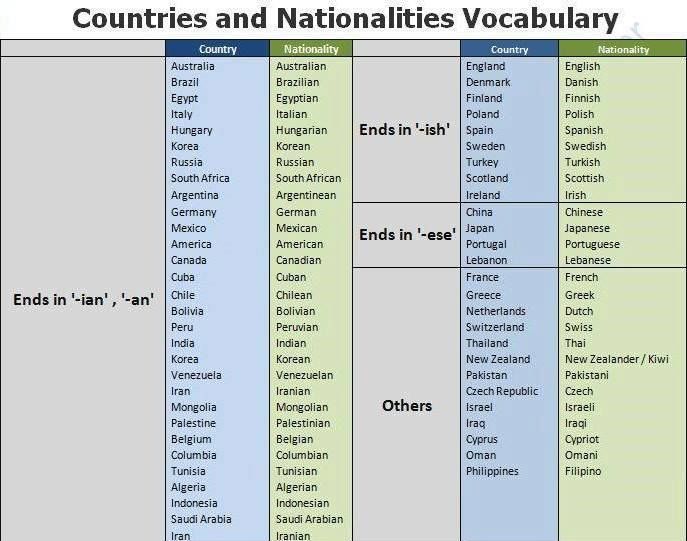 In the collection of the collector of such myths, the editor-in-chief of Gramoty.ru Vladimir Pakhomov, he is in the top 20 most common misconceptions.
In the collection of the collector of such myths, the editor-in-chief of Gramoty.ru Vladimir Pakhomov, he is in the top 20 most common misconceptions.
And this is very revealing from the point of view of our attitude to the language as a whole. It is very difficult for us to accept that he himself (and in general only himself!) Can do something. We want a strong hand, one option, no choice and a decisive word from an official who himself will say whether Mikhail Yuryevich Lermontov was right when he persuaded Borodino.
But the tongue asks no one. And he himself throws us cellists and offshoroshenko . And when they disappear from our speech, he, by the way, will not ask either.

Parts of speech
Bigrams of parts of speech
9000
“noun + adjective”, “adjective + verb”, etc. For ease of perception, the frequency
expressed as an average number of pairs per 1000 words of text. The vertical reflects the part of speech of the first word of the digram, the horizontal
– second.
| C in Sh. E from T and T E l N E | P P and l A A. A E l b n O e | g L A G L | m E T and m 9004 – from at u e from t at and t E l b n O E | m E T O and m H N E P R and H 9004 G A T E L B O E | m E T and m E and E – – – – – – – – – – e and c a t and c | h and from l and t e l С О e ( | h and with l and t E l b ° C e about R D to O 9004 ) | 0134 | P R E D and K A T and in | P E D L g | V O D N E L O | p.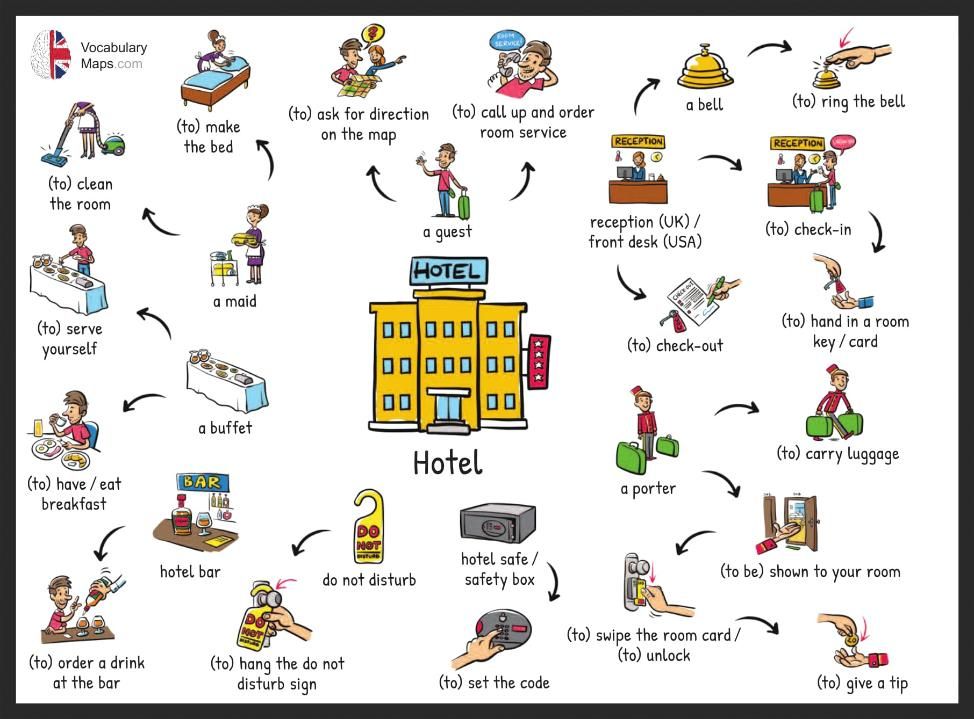 a s t and c a | P R and h A С T and E | D E E P and h С t and E | 9014EIS 44 | 20 | 65 | 6.9 | 8.9 | .00 | 1.6 | .34 | 12 | 1.1 | 29 | 26 | 5.7 | .17 | 17 | 4.6 | .51 | .00 | .00 | .00 | .00 | .00 | .06 | .96 | .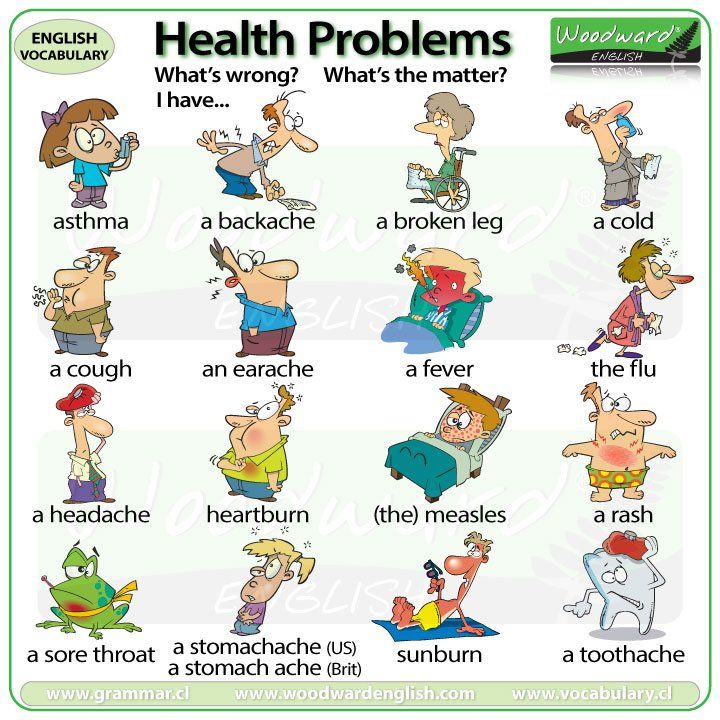 34 34 | .00 | .00 | .39 | .06 | .06 |
parts at positions in the proposal. For example, the cell “verb – 3” shows with what probability the third word
in a randomly taken sentence of the work is a verb. The probability is expressed as a percentage.
In each column, the maximum value is marked in bold, which allows the first three to five columns to
approximately represent the beginning of a sentence typical for the work. For example, the sequence “pronoun-noun,
The verb, adjective, noun ”can be something like“ He cut down the old tree … ”
| The number of the word in sentence | ||||||||||||||||||||
| 1 | 121.94 | |||||||||||||||||||
. dot dot | 77.66 | |||||||||||||||||||
| – dash | 22.54 | |||||||||||||||||||
| ! exclamation point | 14.77 | |||||||||||||||||||
| ? question mark | 12.02 | |||||||||||||||||||
| … ellipsis | 19.12 | |||||||||||||||||||
| !.. ellipsis sign | 3.0 | 0.14 | ||||||||||||||||||
Text author recognition
Text author recognition algorithm developed in 2008 by Alexey Lvov (creator) for
Science Fiction Labs, is based on a comparison of the linguistic profile of the text with structurally identical linguistic
author profiles to identify the most accurate match. Linguistic profiles of authors are calculated in advance and stored
in the database as arrays of averaged indicators and their standard deviations for all texts of the author.
There are more than a thousand such indicators, some of which are given above.
An empirical calculation showed that the cumulative analysis of these data, taken in weight fractions, allows you to determine the author of the novel with an accuracy of 98.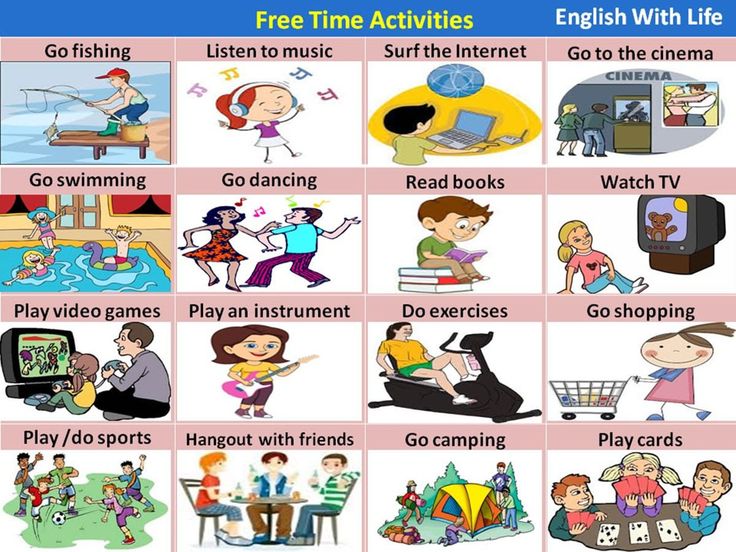 79%,
79%,
story – 84.32% (provided that the database has a linguistic profile of the true author). The algorithm is complex and
has a number of innovative solutions, which allows to achieve high accuracy in comparison with prototypes based on
on the analysis of only symbolic bigrams.
The algorithm of the language analyzer is briefly described in the article “Linguistic text analysis and author recognition”.
| Author | Coincidence with the author’s linguistic profile (in conventional units) | ||
| |||
| 2. Sergey Volkov |
| ||
| 3. Henry Lyon Oldie |
| ||
4.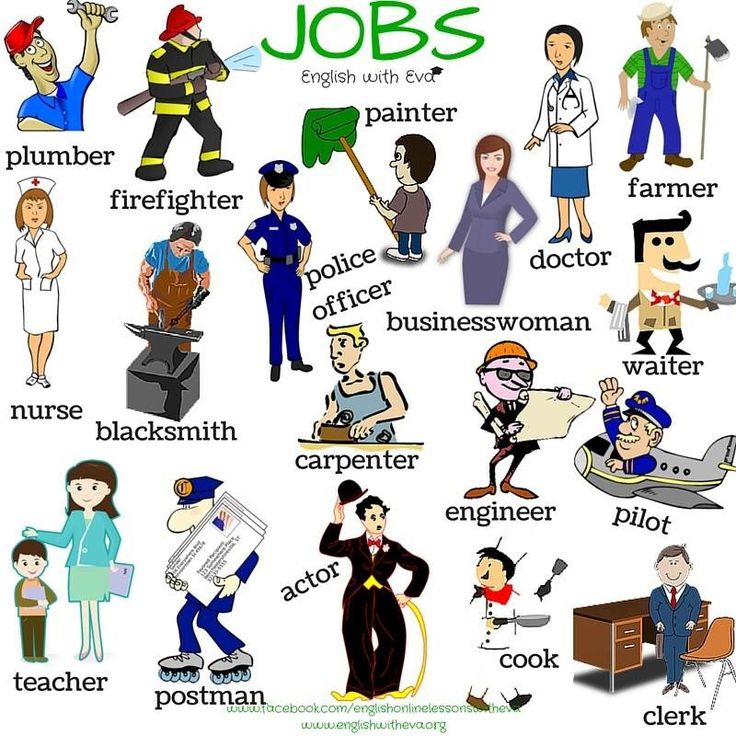 |